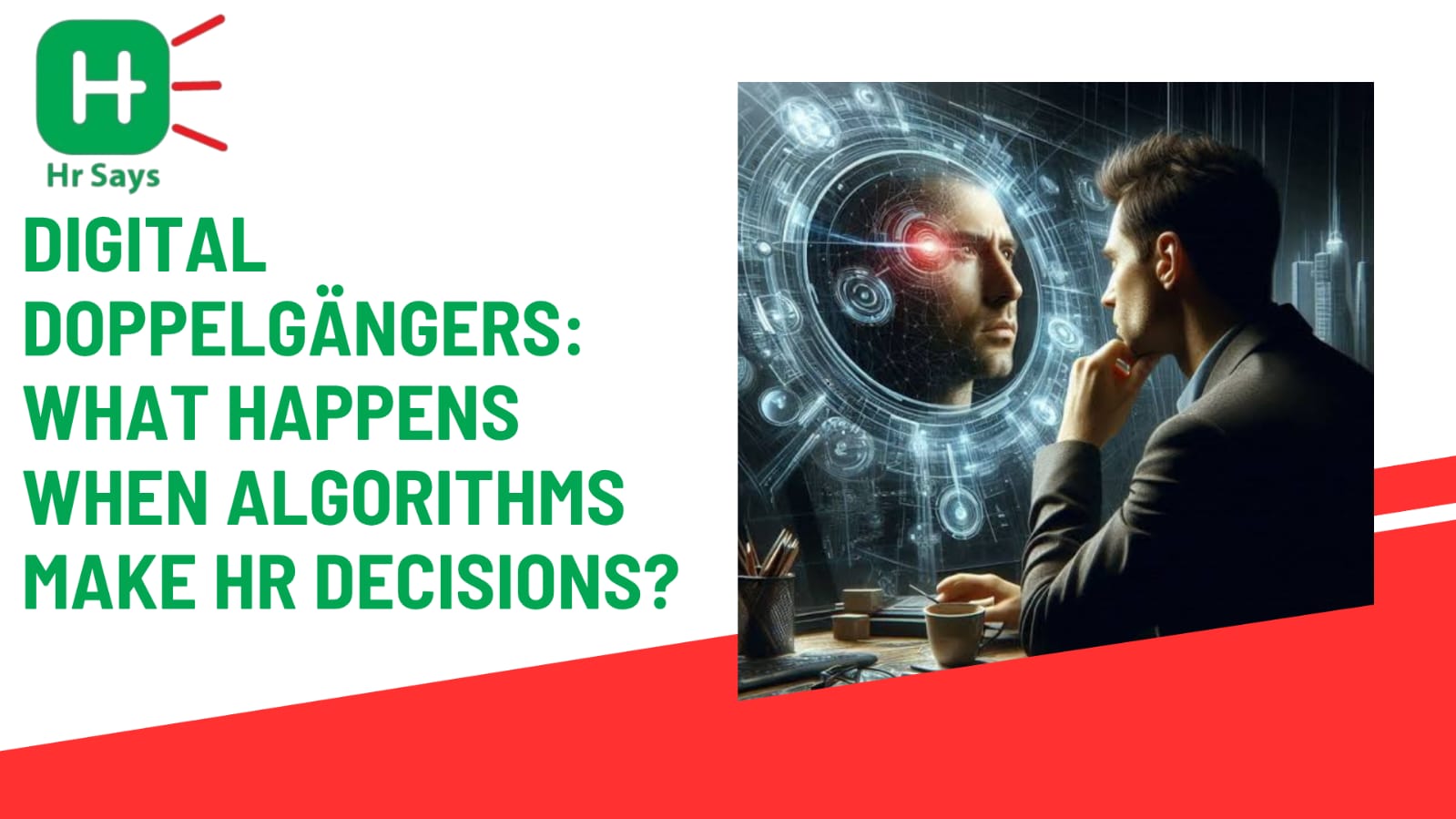Can a line of code decide your career? That’s what more companies are testing every day. Hiring, promotion, even firing—are being touched, filtered, or entirely handled by AI. What happens when your digital twin speaks louder than you?
The Rise of Algorithmic HR
It starts small. A resume filter. A video interview analysis. A chatbot that screens basic questions.
Then, it grows.
● Entire applicant pools are scanned in seconds.
● Candidates are ranked by pattern-matching, not personality.
● Voice tone and facial expressions are judged during automated interviews.
● Flags are raised if behaviors "don't fit" a model.
Efficiency increases. But human touch fades.
Bias in, Bias Out
Algorithms learn from data. But data reflects people. And people come with bias.
● A tool trained on past hiring data may favor certain schools, genders, or races.
● Resume keywords may reflect cultural or linguistic patterns.
● An accent might reduce a candidate’s “fit score.”
● Gaps in employment? The algorithm doesn’t ask why.
Bias isn’t always intentional. But it gets coded in.
And once decisions are made, reversing them isn't easy. No apology from a machine. No second
glance.
Legality Lags Behind
Laws weren’t built for bots. In most countries, AI hiring tools operate in a legal gray zone.
● Transparency isn’t mandatory.
● Candidates often don’t know a machine filtered them.
● Redress systems are rare.
● Audits? Almost never done.
In the EU, the upcoming AI Act might change that. In the US, regulations are fragmented. In the
GCC, digital HR is growing fast—but safeguards remain early-stage.
Until then, responsibility blurs. Who do you blame when a machine makes a mistake?
The Illusion of Objectivity
Machines feel neutral. But objectivity is a myth if models are trained on flawed input.
● Human biases become digital logic.
● A pattern becomes a preference.
● A quirk becomes a flaw.
● A decision becomes final.
And all of this happens before a person is even called.
The Way Forward
Blind trust in tech is risky. But total rejection isn’t wise either. The key is balance.
● Transparency: Let people know when AI is used.
● Human oversight: Don’t let machines have the final word.
● Accountability: Create paths for appeal and feedback.
● Inclusive design: Involve diverse voices in tool creation.
AI can assist—but it shouldn’t replace human judgment.
Conclusion
Digital doppelgängers now walk ahead of us—scanned, judged, and sorted. The future of HR may be fast, data-rich, and predictive. But if fairness gets lost in the speed, what’s the real cost?
In the end, every decision should still begin—and end—with a real human.

 When machines read resumes and rank candidates, who’s really making the call? As HR shifts into automation, questions of fairness, bias, and accountability take center stage.
When machines read resumes and rank candidates, who’s really making the call? As HR shifts into automation, questions of fairness, bias, and accountability take center stage.








.jpeg)
.jpeg)

.jpeg)





.jpeg)



.jpeg)

.jpeg)



